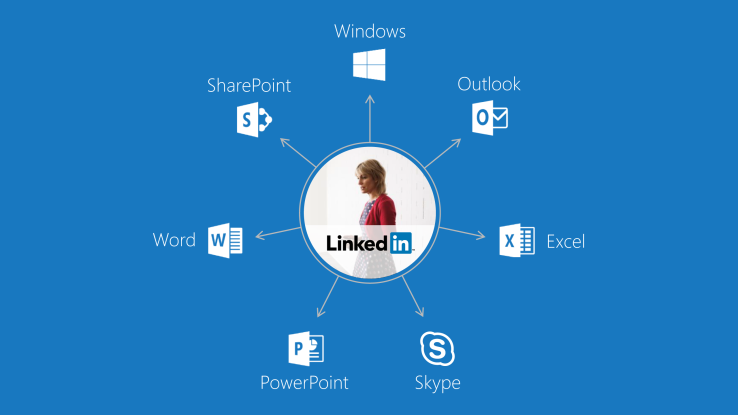Why Microsoft bought Linkedin, and why we own it

For the record, Microsoft’s track record in acquisitions isn’t great. It bought Nokia for US$8b, and wrote off virtually all of it within two years. It also bought Skype for US$1.6b, but data telephony is now a ubiquitous product (Google Hangouts, Whats App, Viber, FaceTime).
From Microsoft’s perspective, it is not a killing amount of money (its capitalisation at US$393b is 15x that of LinkedIn) having regard for how much it could be worth if they get it right. We own Microsoft because of its indispensable workplace tools now, but for the disruption that will come as a result of virtual reality, in which it is making great strides. Social networking in the workplace is disruptive, and so could work, but it doesn’t look like a must have. As always, happy to be proved wrong.
1 topic

